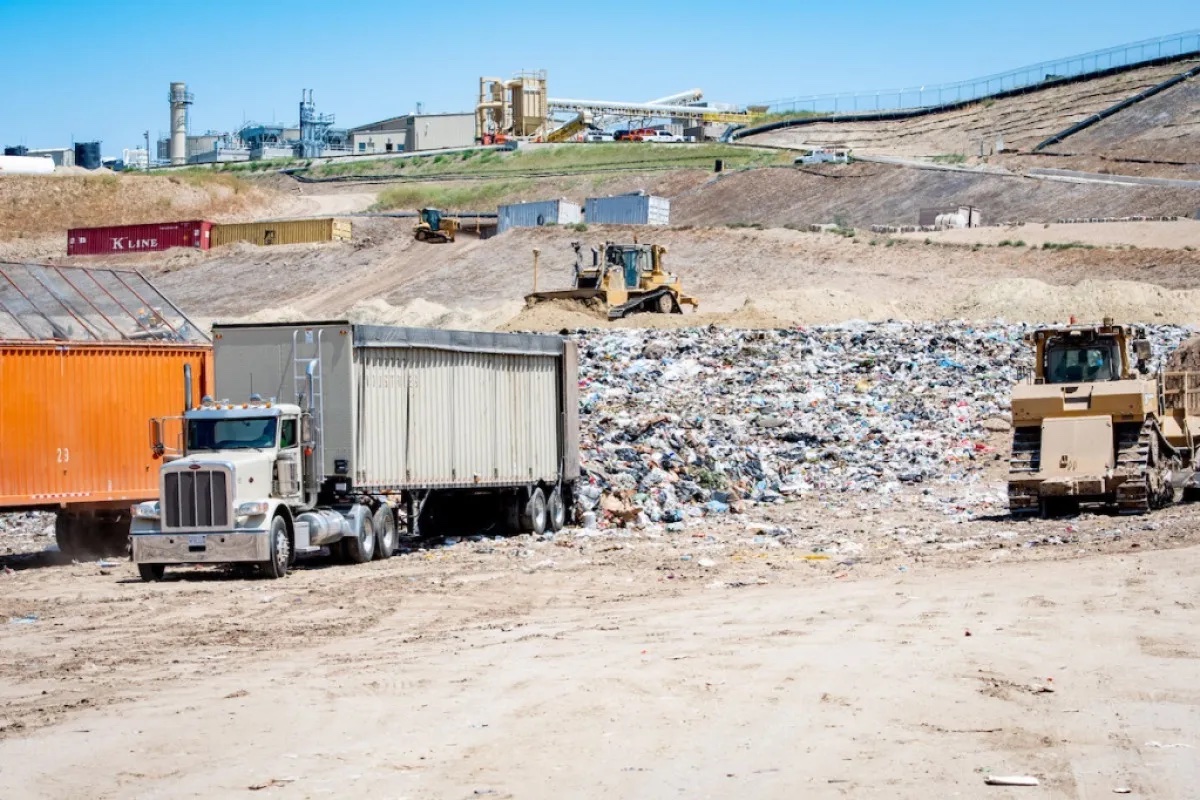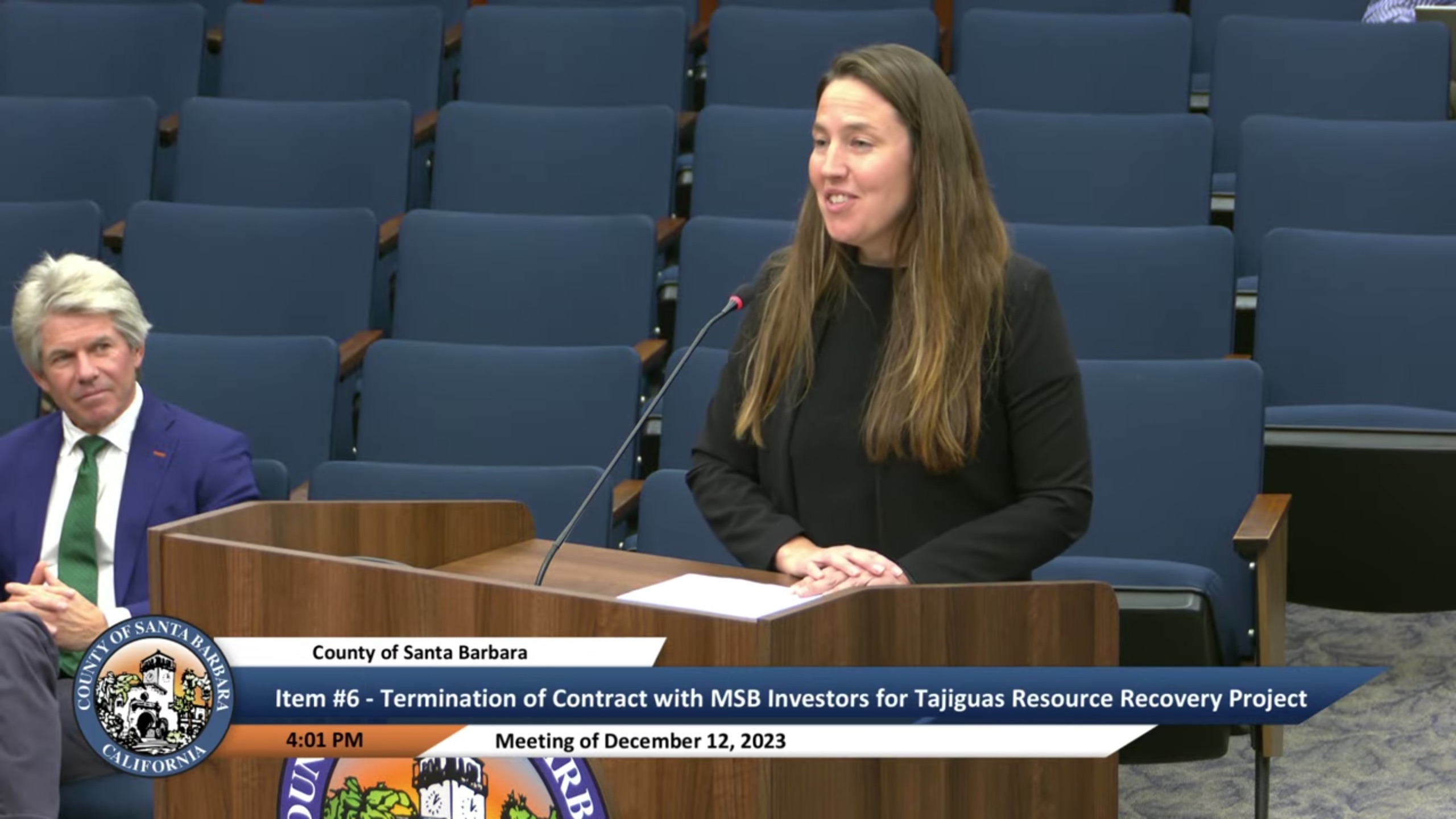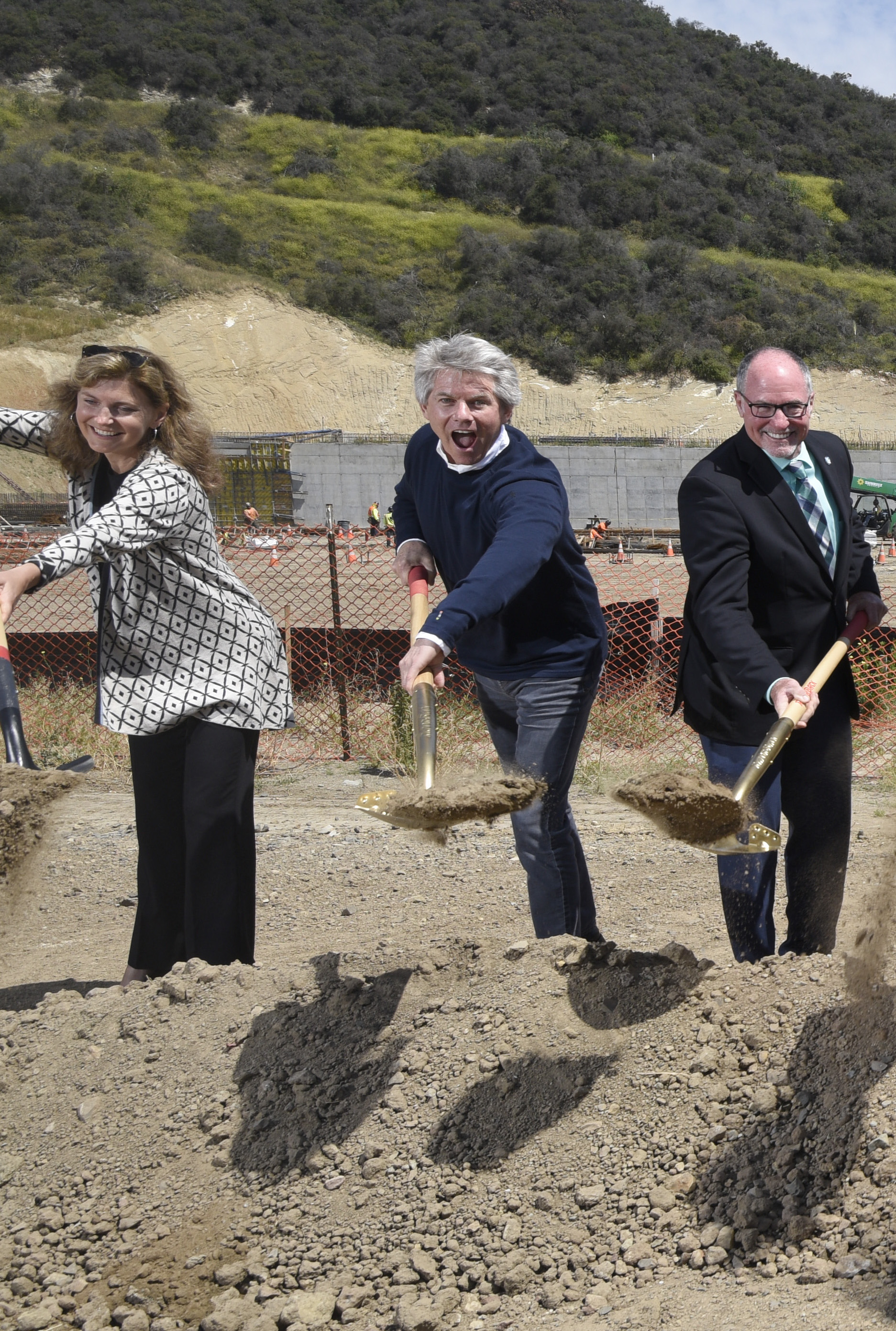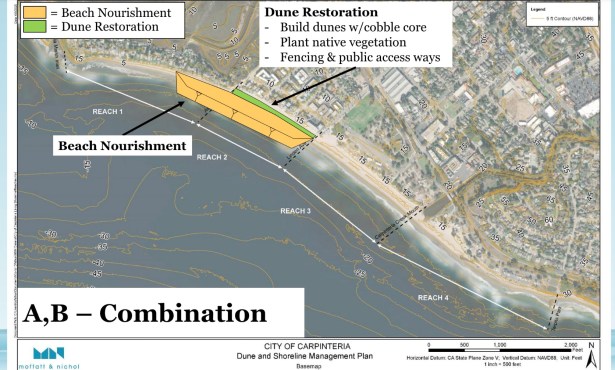Santa Barbara Dump Upheaval
Tajiguas Operator and County Part Ways

The County of Santa Barbara and MSB Investors have found themselves at a place of “irreconcilable differences,” over the operations at the Tajiguas Landfill, commonly known as the dump. MSB, also known as Mustang Renewable Power Ventures, built and now oversees the new processing and recycling facilities in Gaviota. But continual complaints about “putrid” smells, organics buried in the dump, water quality violations, unpaid contractors, and heavy equipment accidents led the Board of Supervisors to vote unanimously on Tuesday to end its relationship with MSB. But not without a fight.
MSB’s CEO John Dewey submitted a lengthy letter accusing the county of bringing the problems on itself. His attorney, Jessica Diaz of Brownstein Hyatt Farber Schreck, argued before the supervisors that the county viewed MSB as a “bottomless bank account” rather than the diligent operator it was.

The new facilities, in operation since July 2021, separate organic waste from recycling and trash, and reduce organics to methane and a compost ingredient called digestate. Sales of recyclables were 75 percent of the operating revenue, but the market fell in 2017. According to MSB, the county failed to provide the cash flow assistance promised in their contract. The provisions also required an increase in tipping fees — the charge to drop trash at the dump — but staff failed to do that “in order to avoid having to present the inconvenient truths to the Board of Supervisors,” Dewey wrote.
While finances were a big issue, after the hearing on Tuesday, MSB stated the organics diversion rate at the combined anaerobic digester and compost unit were greater than 90 percent; that both operated as intended; that the county participated in an approved odor plan; and that the tipping fee of $36 per ton in 2022-23 should have risen to $64 per ton to cover costs in 2023-24.
Public Works staff painted a different picture on Tuesday: The county, they said, was forced to fix drainage and odor problems because MSB lagged. The diversion rate of organic waste was half what it should be; the energy production was 45 percent of what it should be; and compost production was at 640 tons, not the 16,000 tons it should be. Subcontractors were charging they were owed about $4 million, but Public Works’ Interim Deputy Director Jeanette Gonzales-Knight said the county had paid MSB for those invoices.
Gonzales-Knight acknowledged that COVID had created impacts, but the county had given time extensions to MSB so often it began to “jeopardize the facility’s ability to process waste,” Gonzales-Knight said, adding that the landfill currently faced capacity in March 2026. She expressed concern that the permit the county was seeking to expand Tajiguas could be denied for the violations.

An unusual statement in the county’s termination letter is the comment, “MSB does not have the experience to operate the ReSource Center according to industry standards and permit requirements.” According to its website, MSB Investors LLC is an investment firm, based in Newport Beach and San Luis Obispo, with $2 billion in real estate projects going back 50 years. The website lists landfill projects in Santa Barbara and Pensacola, Florida, though the Pensacola project was cancelled.
During the public comment segment of the meeting, Paul Relis, who helped found the Community Environmental Council and was a member of California’s solid waste board, said the issues at Tajiguas had been predicted at the outset by experts. The failures were an embarrassment, he continued, and suggested that a knowledgeable independent committee oversee the selection of a successor operator.
Ana Citrin, on the legal team for the Gaviota Coast Conservancy, argued that the county take an urgent approach, given the substantial investment it had made in Tajiguas. The county spent $124 million building the new facilities and had paid MSB $33 million in costs, fees, and cash-flow assistance.
The supervisors noted this was the first time Public Works had recommended terminating a contract. They were determined that subcontractors be paid and that the facility work as it was designed. But litigation was likely; County Counsel said funds for a court fight would come from the county’s enterprise fund, not its general fund.
To Dewey’s letter stating he believed discovery and depositions would uncover willful acts by county staff, Supervisor Steve Lavagnino said, “Litigation can be ugly, but if it reveals facts that are not good for the county, then we need to hear that. Today, I didn’t hear anything like that.” He likened the split to a couple: Once someone doesn’t want to be your partner, there’s no going back. “It would be a disservice to the community to continue,” he said.




You must be logged in to post a comment.